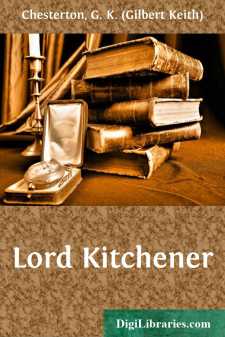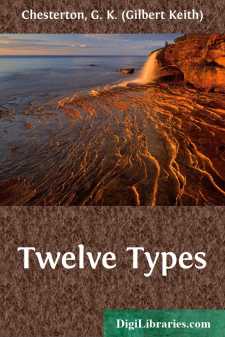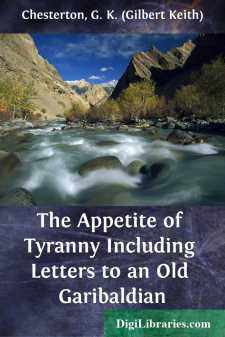Categories
- Antiques & Collectibles 13
- Architecture 36
- Art 48
- Bibles 22
- Biography & Autobiography 813
- Body, Mind & Spirit 142
- Business & Economics 28
- Children's Books 16
- Children's Fiction 13
- Computers 4
- Cooking 94
- Crafts & Hobbies 4
- Drama 346
- Education 46
- Family & Relationships 57
- Fiction 11829
- Games 19
- Gardening 17
- Health & Fitness 34
- History 1377
- House & Home 1
- Humor 147
- Juvenile Fiction 1873
- Juvenile Nonfiction 202
- Language Arts & Disciplines 88
- Law 16
- Literary Collections 686
- Literary Criticism 179
- Mathematics 13
- Medical 41
- Music 40
- Nature 179
- Non-Classifiable 1768
- Performing Arts 7
- Periodicals 1453
- Philosophy 64
- Photography 2
- Poetry 896
- Political Science 203
- Psychology 42
- Reference 154
- Religion 513
- Science 126
- Self-Help 84
- Social Science 81
- Sports & Recreation 34
- Study Aids 3
- Technology & Engineering 59
- Transportation 23
- Travel 463
- True Crime 29
Lord Kitchener
Categories:
Description:
Excerpt
LORD KITCHENER
Horatio Herbert Kitchener was Irish by birth but English by extraction, being born in County Kerry, the son of an English colonel. The fanciful might see in this first and accidental fact the presence of this simple and practical man amid the more mystical western problems and dreams which were very distant from his mind, an element which clings to all his career and gives it an unconscious poetry. He had many qualities of the epic hero, and especially this—that he was the last man in the world to be the epic poet. There is something almost provocative to superstition in the way in which he stands at every turn as the symbol of the special trials and the modern transfiguration of England; from this moment when he was born among the peasants of Ireland to the moment when he died upon the sea, seeking at the other end of the world the other great peasant civilisation of Russia. Yet at each of these symbolic moments he is, if not as unconscious as a symbol, then as silent as a symbol; he is speechless and supremely significant, like an ensign or a flag. The superficial picturesqueness of his life, at least, lies very much in this—that he was like a hero condemned by fate to act an allegory.
We find this, for instance, in one of the very first and perhaps one of the most picturesque of all the facts that are recorded or reported of him. As a youth, tall, very shy and quiet, he was only notable for intellectual interests of the soberest and most methodical sort, especially for the close study of mathematics. This also, incidentally, was typical enough, for his work in Egypt and the Soudan, by which his fame was established, was based wholly upon such calculations. It was not merely mathematical but literally geometrical. His work bore the same relation to Gordon's that a rigid mathematical diagram bears to a rough pencil sketch on which it is based. Yet the student thus bent on the strictest side of his profession, studying it at Woolwich and entering the Engineers as the most severely scientific branch of the army, had as a first experience of war something so romantic that it has been counted incredible, yet something so relevant to the great reality of to-day that it might have been made up centuries after his death, as a myth is made up about a god. He happened to be in France in the most tragic hour that France has ever known or, please God, will ever know. She was bearing alone the weight of that alien tyranny, of that hopeless and almost lifeless violence, which the other nations have since found to be the worst of all the terrors which God tolerates in this world. She trod that winepress alone; and of the peoples there were none to help her. In 1870 the Prussian had already encircled Paris, and General Chanzy was fighting against enormous odds to push northwards to its relief, when his army was joined by the young and silent traveller from England. All that was in Kitchener's mind or motives will perhaps never be known. France was still something of an ideal of civilisation for many of the more generous English gentry....












